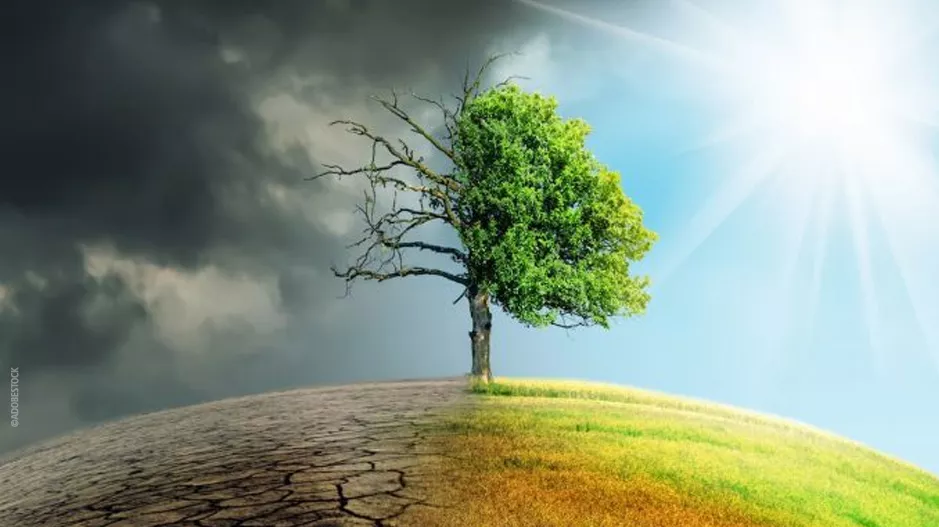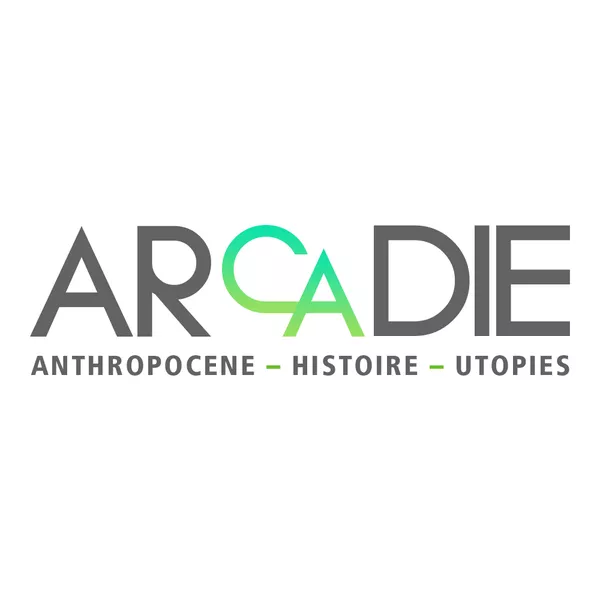
Continuing the research carried out within the framework of the ARC project "Philosophie critique de l'à-venir" (2015-2021), the new centre, born in December 2021 on the initiative of Sébastien Laoureux (professor in the Department of Philosophy) and Louis Carré (FNRS qualified researcher), proposes to deal with these themes around the question: what is our present? How can we characterise the times in which we live? Originating in geology, the term Anthropocene has recently come to designate the era during which human and social activities have been shown to have a major impact on the environment. It now serves as a common denominator for thinking about the various problems associated with the global ecological crisis we are experiencing.
The original idea of the centre is to mobilise philosophy on these urgent questions and to articulate fields of research that are often separated. In our daily lives, we are constantly aware that human activities are disrupting the climate. However, despite the warnings that have been issued, it seems increasingly difficult to act.

The Arcadie centre proposes a reflection oriented towards action: what do climate upheavals and, more broadly, the ecological crisis do to our experience of temporality and our sense of history? How can we act concretely in such a situation? How can we oppose the demobilisation produced by the horizon of a catastrophe that is both coming and already largely underway? The reference to utopias is thus explained by a concern to identify future perspectives and alternatives within a present that seems saturated. Utopia replaces the impossible with the possible and allows us to worry about the dominant logics of our time.
Research
"What the Anthropocene does to time. Philosophical research on historicities and narratives of the environmental crisis".
Sébastien Laoureux (promoter) and Louis Carré have been awarded a PDR research project (FNRS) to explore these questions. The project aims to interrogate the ecological crisis from the new experience of time it produces and the transformations it provokes in our philosophical conception of history. The Anthropocene has in fact overturned the philosophy of history on which modernity was based: that of a time oriented towards the future and structured by the necessary progress of humanity. Against this linear vision of historical time, the possibility of a "world without us" opened up by the Anthropocene introduces a break in the race for progress, the consequences of which must be drawn on a theoretical and practical level.
The two researchers were joined by three doctoral students: Laëtitia Riss, Vivien Giet and Salomé Frémineur and three post-doctoral students: Frédéric Monferrand, Jean-Baptiste Vuillerod and Amaury Delvaux.
Teaching
Learn more about the Interuniversity Master of Specialization in Political Philosophy and Theory
This master's degree, co-organised by UNamur, ULB and ULiège, is in its third year of existence. He participated in the dynamics that led to the creation of the centre. Within the framework of this master's degree, Louis Carré and Sébastien Laoureux organise a seminar on social and political philosophy devoted to the links between political philosophy and ecology. The theme of this year's seminar is the "limits of ecology".
More information on the Arcadie website